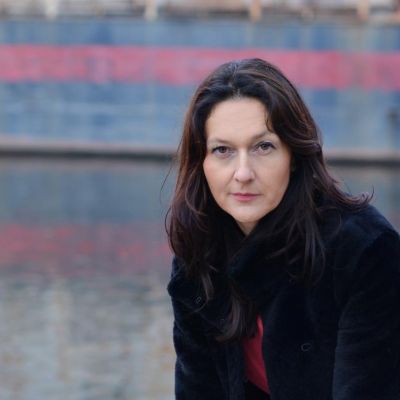Karel Šling's father, the Czechoslovakian Communist Party official Otto Šling, was one of the defendants in the show trials against a total of 14 officials who were a thorn in the side of the communist rulers at the time. And not because they were too liberal; on the contrary, many of the defendants were known as hardliners. It was more about internal power games, about external demonstrations of power - and about making concessions to the ruling Stalinists in Moscow. Eleven of the defendants, flimsily accused of having committed themselves to American imperialism, Titoism and Zionism, were tried and executed, most of them Jewish. The film gives an insight into the atmosphere of the time, depicting the pressure and psychological torture that was exerted on the group of once powerful Communist Party cadres, as well as the anti-Semitic agitation that stirred emotions in the country. In 1977 Karel Šling was one of the signatories of Charter 77, in which dissidents and intellectuals from across Eastern Europe spoke out against the totalitarian, arbitrary system of real existing socialism. In 1984 he emigrated to Great Britain. To this day, he not only carries with him the trauma of the Shoah but also the memory of his father's execution – which, as a child, he had initially considered to be justified. Today he asks himself whether, when he emigrated to the West - the wall still stood in the mid-1980s, thus seeing his family again was out of the question - he once again, this time with the roles reversed, experienced the loss of his father.
In this work, director Eva Tomanová also refers to epigenetic studies, in which physical changes in the brain of people traumatised by stress were found. She puts forward the notion of the traumatisation of entire nations, namely those that experienced collective stress as a result of experiences of violence, wars and totalitarianism. In doing so she combines an investigative search for clues with the question of how historical experiences of violence influence current social attitudes. Do the associated traumata shape not only individual but also collective mechanisms related to the processing of stress? And if so, how does this affect the life path of the individual and the political culture of the affected societies?
Text: Bernd Buder
English: Peter Rickerby





